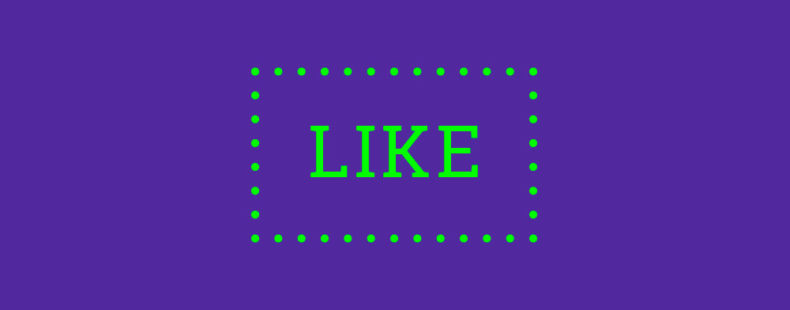Whether you regard yourself as a scholar of linguistics or a self proclaimed language snob—you’ve probably, at least once, crossed over to the dark side and used the word like in a sentence where it, like, doesn’t belong.
Narrowly escaping the grammar police, you catch yourself, cringe, and promise never again! This usage of like is known as a slang interjection. This form as well as the adverbial use dates back a lot further than you might think, though.
Valley girl speak
Many people believe Moon Unit Zappa and her 1982 single Valley Girl are responsible for popularizing this usage of like precisely at the moment Ms. Zappa sang, “It’s like, barf me out.” This sociolect that the song celebrates, Valspeak, originates in Southern California.
Like in pop culture
In reality, the slang use of the word like has been a part of popular culture dating as far back as 1928 and a cartoon in the New Yorker that depicts two women discussing a man’s workspace with a text that reads, “What’s he got – an awfice?” “No, he’s got like a loft.” The word pops up again in 1962’s A Clockwork Orange as the narrator proclaims, “I, like, didn’t say anything.” The notorious usage of like appeared as linguistic filler as early as the 19th century with the following passage in Robert Louis Stevenson’s 1886 novel Kidnapped: “’What’s like wrong with him?’ said she at last.”Like is an extensible word that can be used as a noun, verb, adverb, adjective, preposition, particle, conjunction, and interjection. What uses of “like” do you think are acceptable and which should be discouraged?














